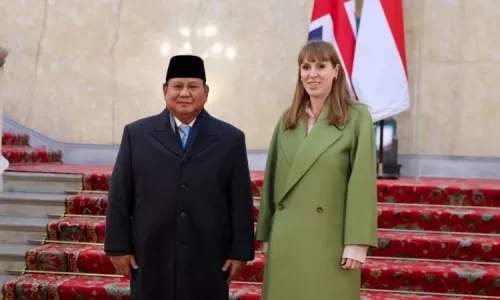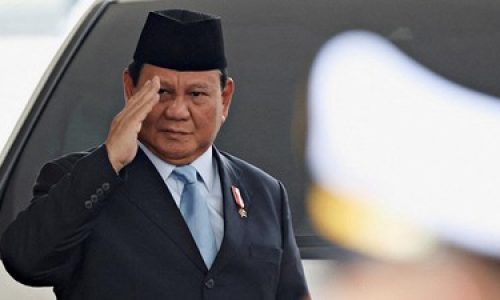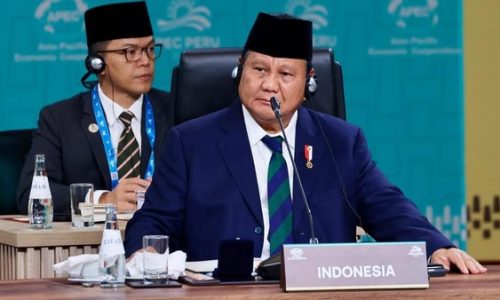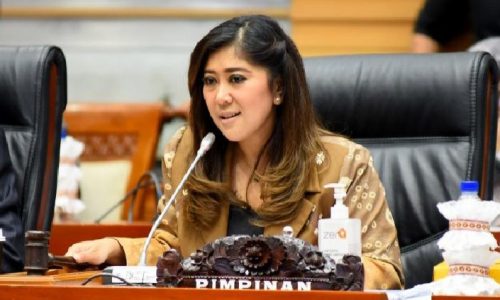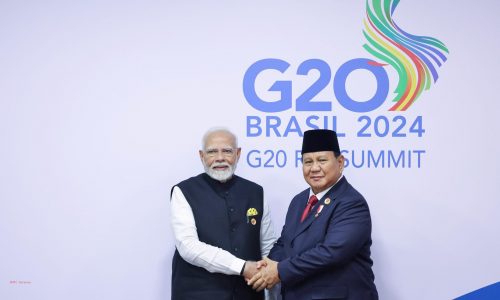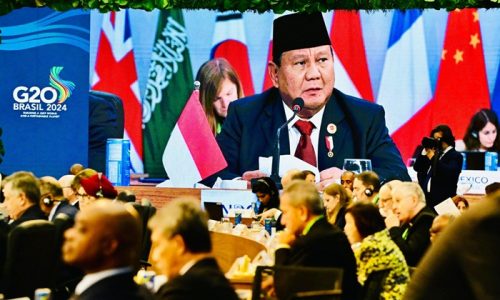Indonesia has formally expressed its interest in joining the BRICS economic bloc, an alliance of emerging economies including Brazil, Russia, India, China, and South Africa.
The announcement, made during the recenet BRICS Plus Summit in Kazan, Russia, signals Indonesia’s intent to strengthen ties with major developing nations and expand its influence within the global economic landscape.
Joining BRICS could offer Indonesia numerous economic and diplomatic advantages. Teuku Rezasyah, an international relations expert from Universitas Padjadjaran, suggested that Indonesia could leverage BRICS membership to expedite bilateral agreements with key members like Russia and China.
These agreements could extend to advanced technology sectors, including aerospace, renewable energy, and nuclear facilities.
Stategic membership
Membership would grant Indonesia a platform for bilateral and multilateral consultation with BRICS members.
This access would allow Indonesia to gain deeper insights into the inner workings of BRICS leadership, administrative processes, and foundational documents, potentially enhancing Indonesia’s diplomatic reach and influence within the developing world.
Rezasyah noted that membership would bolster Indonesia’s global standing and strengthen its moral authority in advocating for international causes.
For instance, Indonesia could seek BRICS’ support in mobilizing Organization of Islamic Cooperation (OIC) and Arab League members to advocate for Palestinian independence.
Economic partnership diversification
Nailul Huda, a researcher with the Center of Economic and Law Studies (Celios), BRICS membership would enable Indonesia to diversify its economic partnerships, moving away from traditional markets such as the U.S. and Europe and into new regions like the Middle East.
This diversification could help Indonesia reduce economic dependency on Western markets, giving it greater resilience in the global economy.
Huda pointed out that BRICS economies have grown significantly over recent decades, comprising about 32 percent of global GDP as of 2022.
While China’s growth is expected to slow, the country remains a major player in the global economy, making BRICS an attractive partner for Indonesia’s economic ambitions.
Risks and challenges
Despite potential benefits, BRICS membership may bring significant challenges. Bhima Yushistira, Executive Director of Celios, warned that Indonesia’s closer ties with China might lead to an influx of low-cost Chinese products, potentially overwhelming local industries.
He also raised concerns about a potential U.S.-China trade war if Donald Trump wins the upcoming U.S. presidential election, which could complicate Indonesia’s relations with BRICS members.
Another factor for Indonesia to consider is its concurrent pursuit of OECD membership. Huda emphasized that aligning with OECD’s developed-country framework would require extensive regulatory adjustments in Indonesia, which could be time-consuming and costly.
This dual membership approach, he warned, may strain Indonesia’s resources and focus, risking the country’s ability to fully capitalize on both BRICS and OECD opportunities.
Balancing diplomatic agendas
Foreign Minister Sugiono noted that Indonesia’s BRICS membership aligns with key government priorities, including food security, poverty alleviation, and natural resource development.
Sugiono highlighted that BRICS participation reflects Indonesia’s active foreign policy, engaging with multiple international platforms while maintaining an independent stance.
In light of these considerations, Indonesia faces both promising opportunities and notable risks in joining BRICS.
To fully realize the benefits, Indonesia will need a strategic approach that balances its dual memberships and aligns with its broader economic goals.



